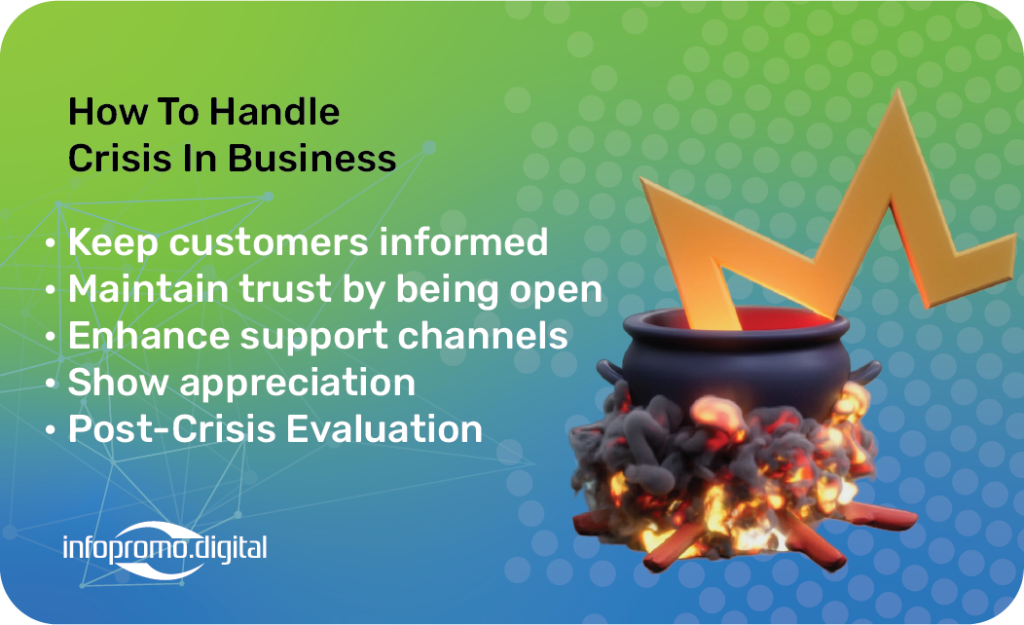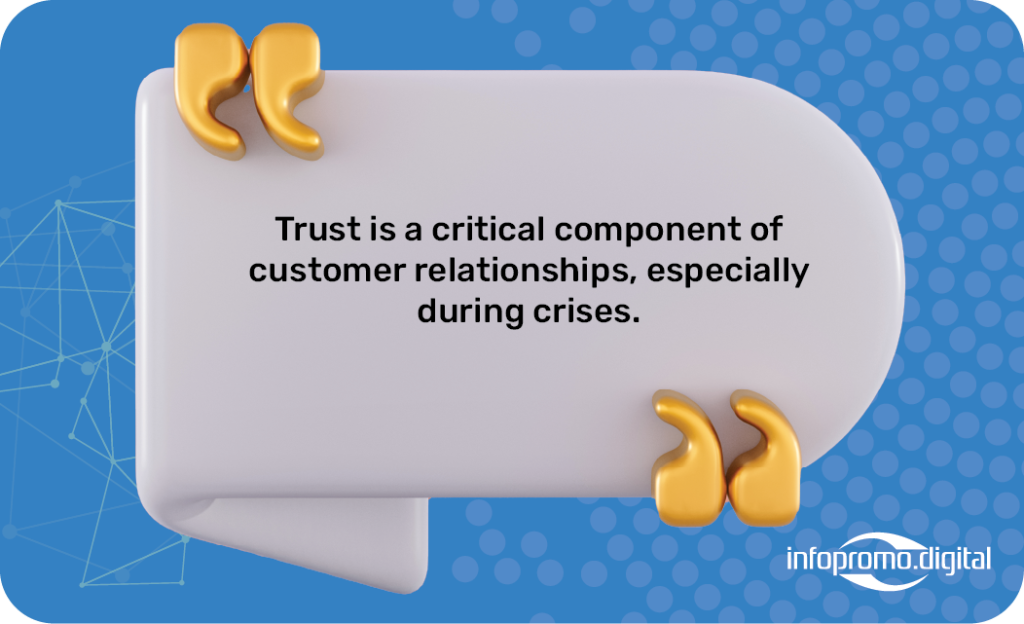
In times of crisis, businesses face unique challenges in maintaining customer trust and delivering consistent experiences. Whether it’s a natural disaster, a global pandemic, or an internal company issue, managing customer experience during disruptions is crucial. This blog provides valuable insights into effective crisis management strategies that can help businesses navigate turbulent times and maintain strong customer relationships.

Understanding Crisis Management Crisis management involves preparing for, responding to, and recovering from events that can negatively impact an organization. Key components include risk assessment, communication plans, and customer support strategies. By proactively addressing potential crises, businesses can minimize damage and ensure a swift recovery.
Effective Communication Clear and transparent communication is vital during a crisis. Customers need timely updates about the situation and how it affects them. Utilize multiple communication channels, such as email, social media, and your company website, to keep customers informed. Personalize messages to address specific concerns and demonstrate empathy. For example, during a product recall, provide detailed instructions and assurances about corrective actions being taken.
Maintaining Customer Trust Trust is a critical component of customer relationships, especially during crises. Be honest and transparent about the situation, acknowledging any mistakes and outlining steps to rectify them. Consistency in messaging helps reinforce trust. Additionally, offering compensation, such as discounts or freebies, can show customers that you value their loyalty and are committed to making things right.
Enhancing Customer Support During a crisis, customer support should be more accessible and responsive than ever. Increase the availability of support channels, including live chat, phone support, and social media assistance. Train your support team to handle crisis-specific inquiries with sensitivity and efficiency. Implementing AI-powered chatbots can also help manage the increased volume of customer queries, providing instant responses and freeing up human agents for more complex issues.

Building Resilience Long-term resilience is built through continuous improvement and learning from past crises. Conduct post-crisis evaluations to identify strengths and areas for improvement. Develop comprehensive crisis management plans that include scenario-based training for employees. By preparing for future disruptions, businesses can enhance their ability to maintain customer trust and deliver seamless experiences, no matter the circumstances.
Conclusion Effective crisis management is essential for maintaining customer trust and ensuring business continuity. Through clear communication, robust support, and proactive planning, businesses can navigate crises successfully and emerge stronger. Embrace these strategies to safeguard your customer relationships and build a resilient organization.




